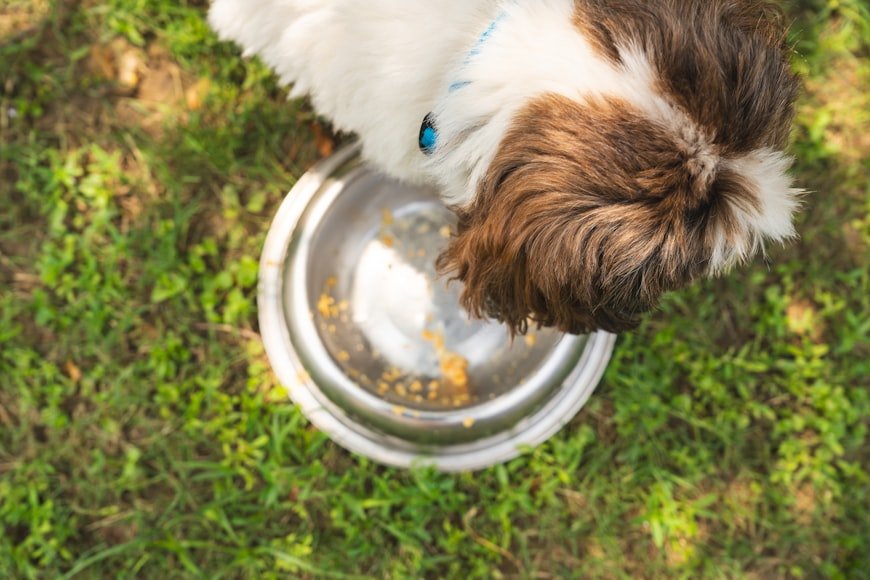Taking charge of your pet’s nutrition can feel overwhelming, but you’re not alone. A High Park veterinarian shares simple tips to guide you. Start with balanced meals that suit your pet’s age and breed. Portion control is key. Too much food leads to weight issues. Monitor treats closely. They add up faster than you think. Regular exercise is essential. Short walks or playful activities help maintain weight. Be mindful of water intake. Hydration is just as important as food. Regular check-ups will help catch any problems early. Trust a vet to spot health concerns before they become major issues. This will keep your pet happy and active. Remember, nutrition and weight management aren’t about strict diets or complicated routines. They are about small, manageable steps. With guidance, you can ensure your pet thrives. Embrace these tips and see positive changes in your pet’s well-being.
Balanced Meals for Pets
Balanced nutrition forms the foundation of your pet’s health. Feeding your pet the right nutrients supports their growth and overall health. Consult your vet to determine the best type of food. Options include dry kibble, wet food, raw diets, or a mix. Choosing a food suitable for your pet’s age, size, and activity level is crucial. Avoid food with too many fillers or artificial ingredients.
Understanding Portion Control
Portion control directly impacts your pet’s weight. Overfeeding leads to obesity and related health problems. Use the feeding guidelines provided on pet food packaging. Adjust based on your pet’s activity and weight goals. It’s easy to overestimate portions, leading to unintended weight gain. Regularly weigh your pet and consult with your veterinarian to keep their weight in check.
Importance of Monitoring Treats
Treats often contain high calories. It’s important to monitor how many treats your pet consumes. Consider using low-calorie treats or incorporating healthy options like carrot slices or apple chunks. Keep treats to a minimum and use them as rewards rather than a regular part of your pet’s diet.
Exercise: A Key Component
Exercise is vital for maintaining a healthy weight. Encourage activities that fit your pet’s size and breed. Play fetch, go for walks, or let them run in a safe, fenced area. Exercise helps burn calories and supports mental well-being. Keep activities consistent and enjoyable for your pet.
Staying Hydrated
Hydration is often overlooked but essential. Ensure your pet always has access to fresh water. Dehydration can affect their energy levels and overall health. Monitor their water intake, especially during hot weather or after exercise. Fruit, like watermelon, can also help with hydration.
Regular Veterinary Check-Ups
Frequent vet visits are crucial. They help detect potential health issues early. Your vet can provide guidance on nutrition and exercise tailored to your pet’s needs. These visits are an opportunity to discuss your pet’s diet and make any necessary adjustments. Regular check-ups contribute to your pet living a longer, healthier life.
Data Table: Pet Weight Recommendations
| Breed | Ideal Weight Range (lbs) |
| Labrador Retriever | 55-80 |
| German Shepherd | 50-90 |
| Beagle | 18-30 |
| Bulldog | 40-50 |
Long-Term Health Benefits
Proper nutrition and weight management have lasting effects. A healthy diet reduces risks of chronic diseases, improves energy, and enhances life quality. These practices also contribute to healthier coats, stronger bones, and a happier pet.
Conclusion: Small Steps, Big Impact
Simple changes in how you feed and care for your pet make a big difference. Monitor their diet, encourage regular exercise, and schedule consistent vet visits. Use resources like the ASPCA’s general pet care guide for more advice. With these pointers, you can manage your pet’s nutrition and weight effectively, ensuring they lead a healthy and fulfilling life.




